In the Rwandan barber shop where Obed Nkundagenzi works with three friends, he is surrounded by pictures of success—mansions with lavish green lawns, beautiful models and full-size posters of sports teams and their heroes.
American rap stars have their spots on the wall gallery, although the music in the barber shop is the rat-a-tat of the rain on the tin roof, the buzzing of the razors and low-pitched conversations in Kinyarwanda, the language of Rwanda.
Nkundagenzi wraps a cape around the neck of a young girl still wearing her backpack and school uniform before he trims her already short buzz cut. His colleague gives Anastasi Makuza, a middle-age man, a haircut.
“They welcome clients here, they cut hair well, they use good equipment and they are clean,” Makuza explained. In his opinion, that’s why customers keep coming back to this barber shop that Nkundagenzi started in 2008—that and Nkundagenzi’s willingness to show movies in the evening and share his faith through Christian music.
The yellow shirt that Nkundagenzi wears—the one with the crown and the word “Conquerors” emblazoned across it—hints at the story of his life. After all, he’s a young adult and he has a business, owns a small house and has bought some land.
Getting to this point has been a long journey for Nkundagenzi, and he is well aware that his success is tenuous. Although it may not look like it, each day is another exercise in trying—trying to provide for himself now and in the future.
For the first 18 years of his life, Nkundagenzi said he had almost nothing but problems, although he didn’t explain the reasons. He was not able to go to school and still struggles to read and write. He was often hungry, and his life was on the streets with other teens.
Nkundagenzi was earning some money helping masons carry stone when he learned about a vocational school, Mwana Nshuti, on the outskirts of the capital of Kigali. Located on the premises of Friends Peace House, Mwana Nshuti is a ministry of the Evangelical Friends Church of Rwanda. Mennonite Central Committee’s (MCC) Global Family education program supports it with funds and sometimes an MCC worker.
Nkundagenzi qualified for the program, whose students are orphans or vulnerable children. He learned to be a barber, graduating in the mid-2000s.
Today about 40 students a year, ages 16 to 21, can learn car mechanics, hair styling and sewing skills at Mwana Nshuti. In addition, they get training on social skills, business and entrepreneurship, and English and Swahili.
For student Steven Ikizakubuntu, 21, learning mechanics comes easy, but it’s the entrepreneurship training that is especially interesting to him. He’s learning about creating associations and savings groups, where students can work together and pool their money to start a business.
“I learned how to use money in a good way,” he said. “In the past, when I got money, I spent it on bad things—go to an expensive place and spend it buying things that are not necessary. Now when I have money, I will spend it well.”
The other valuable skill Ikizakubuntu is learning, he said, is to adjust his attitude and his approach to other people. “In the past I was selfish. I didn’t like to laugh. I was always serious, always angry.” He credits friends at the school for helping him to be more open and more sociable. Now he is often the one to make others laugh.
“Also when we see our teachers spending time with us . . . it helps us to feel like we are not alone,” he said. Not only do they teach skills, he said, they laugh with the students and encourage the students to share their feelings.
For alumni who graduated in the past 10 years, teacher Clement Mugambire started an entrepreneurship group that meets once a month. He encourages students to work together in an association because it’s another way of being part of a family, a new experience for most of them. “Some things we can’t do alone, we can do together,” he tells them.
As a graduate of MCC-supported Great Lakes Peacebuilding Institute in Gitega, Burundi, Mugambire also teaches conflict resolution skills, offers mediation and leads trauma healing workshops.
Nkundagenzi, who comes to the entrepreneurship group, said he learned a lot about how to work together with others through Mwana Nshuti. He comes to the group to learn from Mugambire and to talk with and listen to other graduates who are now friends.
Nkundagenzi is an inspiration to other graduates because of his success, Mugambire said.
“I started with very little and it was very difficult, but I just kept trying,” Nkundagenzi said. He said he’s always thinking about how to deal with inconsistent income and government regulations and trying to figure out how to buy a bigger shop instead of renting space.
Nkundagenzi’s intelligence and persistence have served him well, but he prefers to credit his success to the life skills and technical training he gained from Mwana Nshuti. “All that I am and all that I have,” he said, “is due to Mwana Nshuti.”


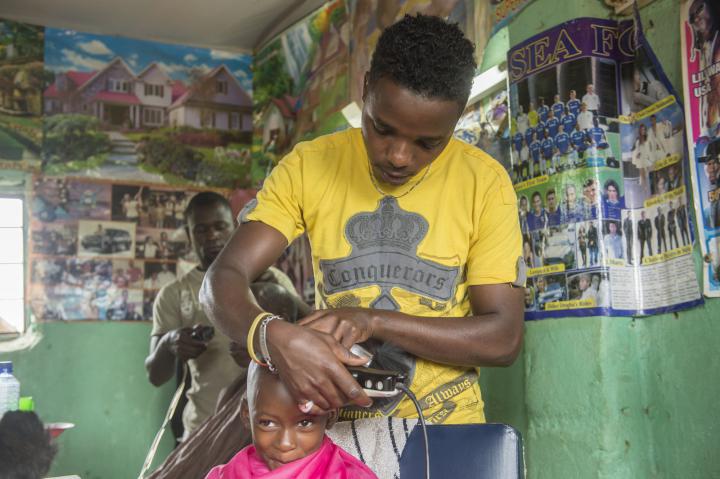

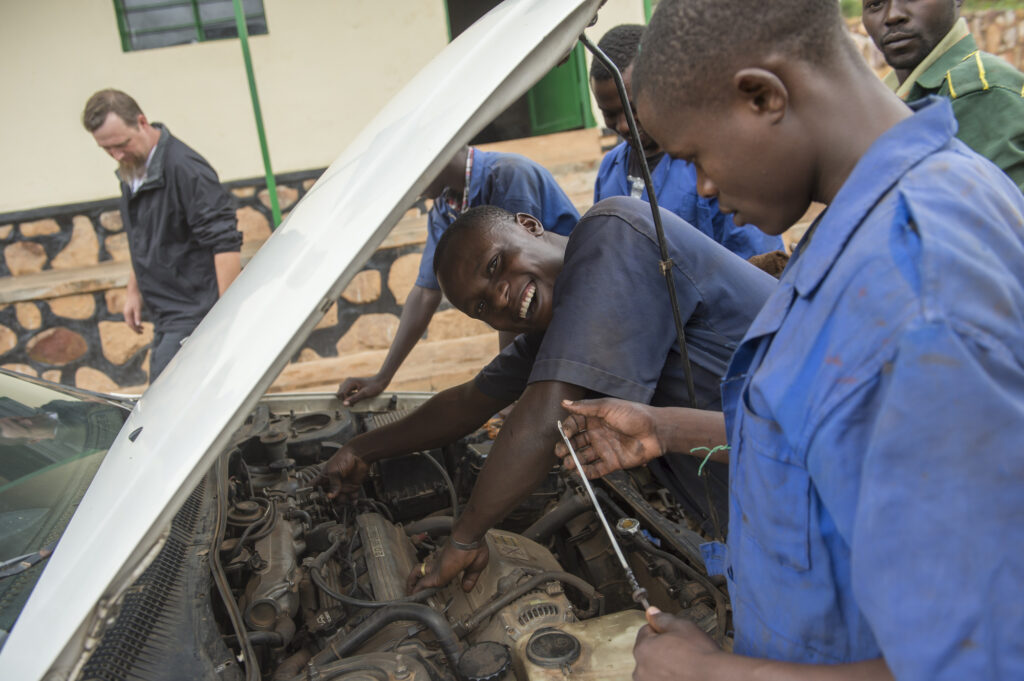
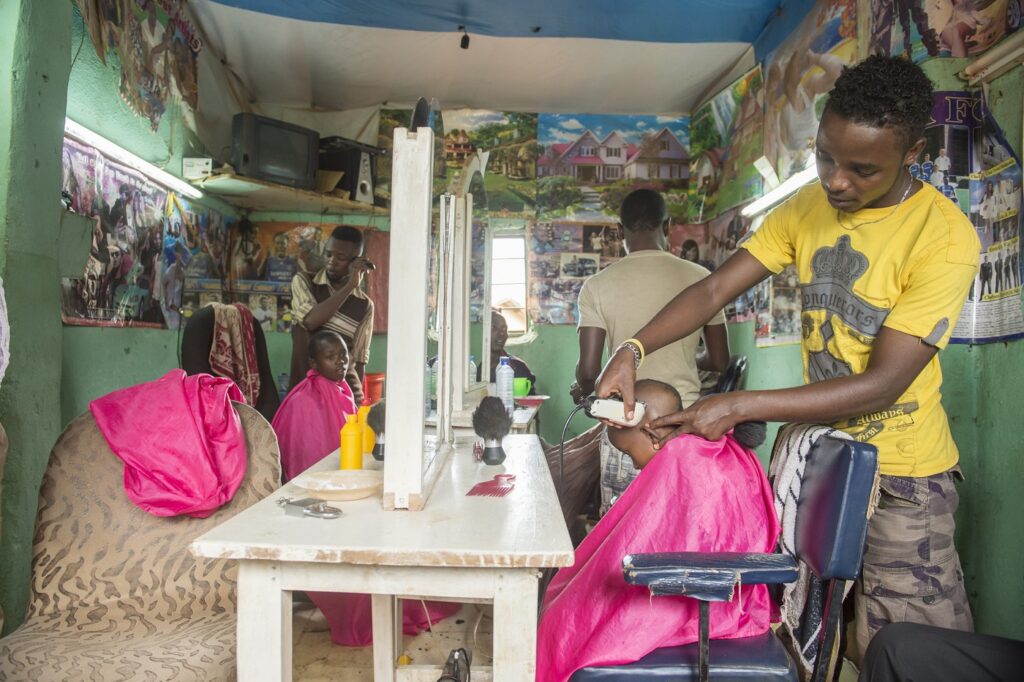
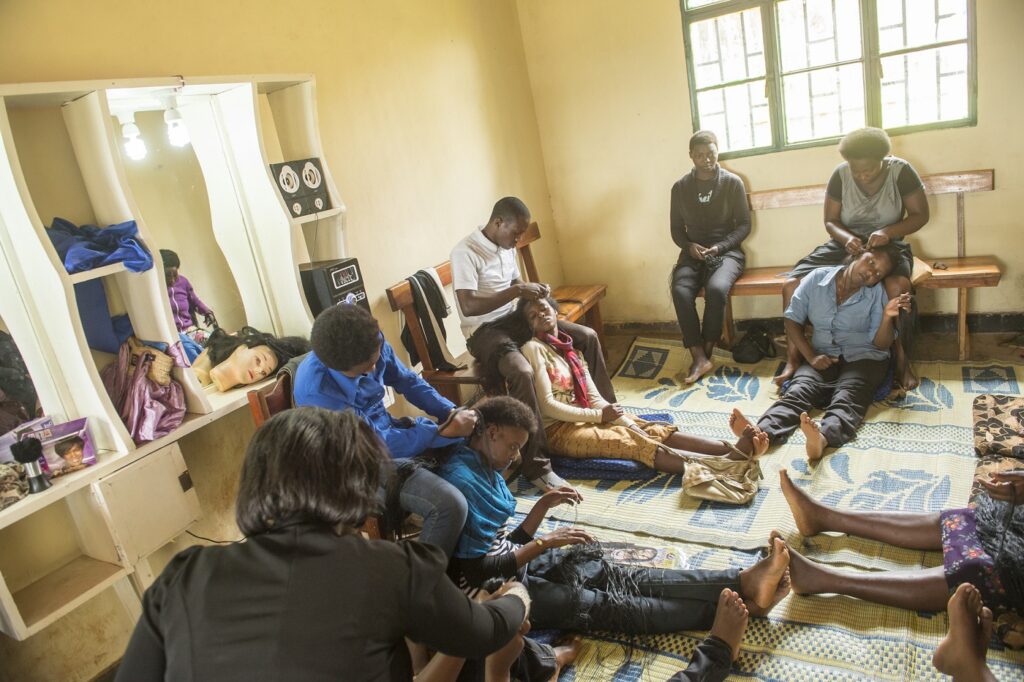
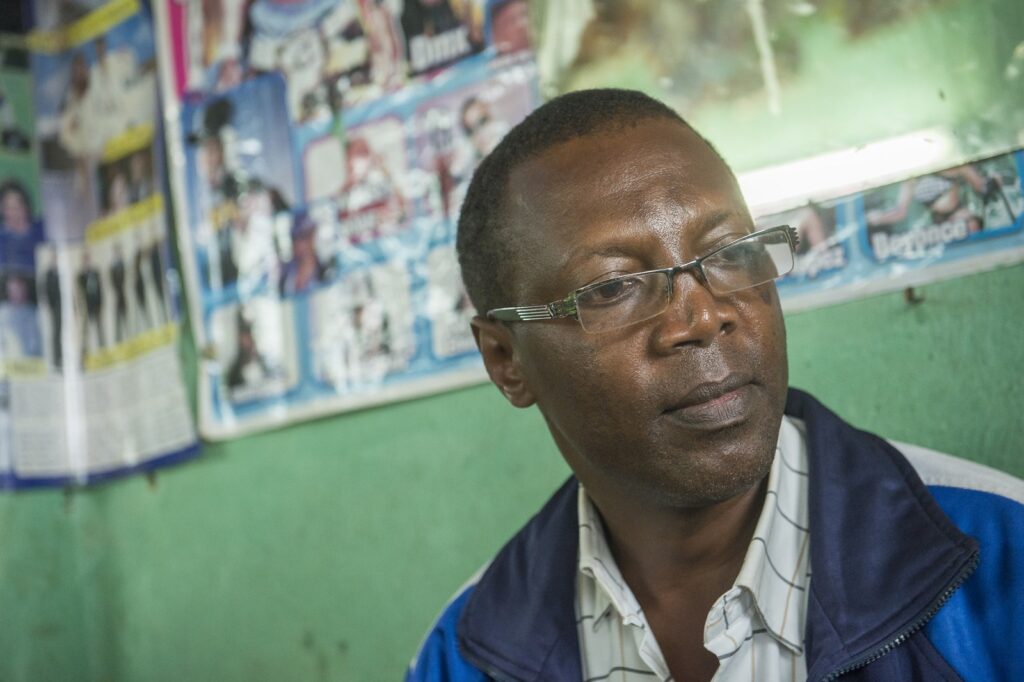


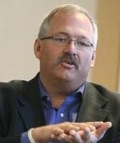
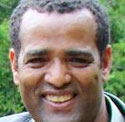

Leave a Reply
You must be logged in to post a comment.